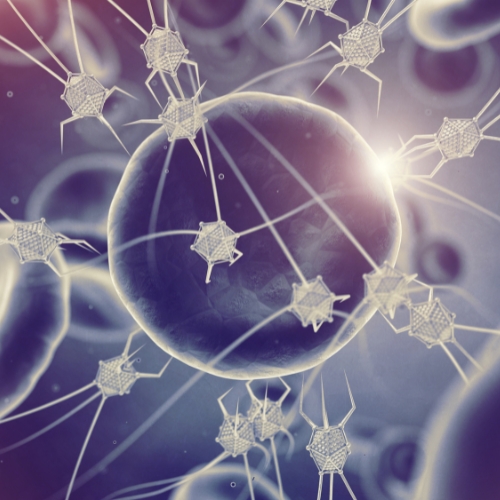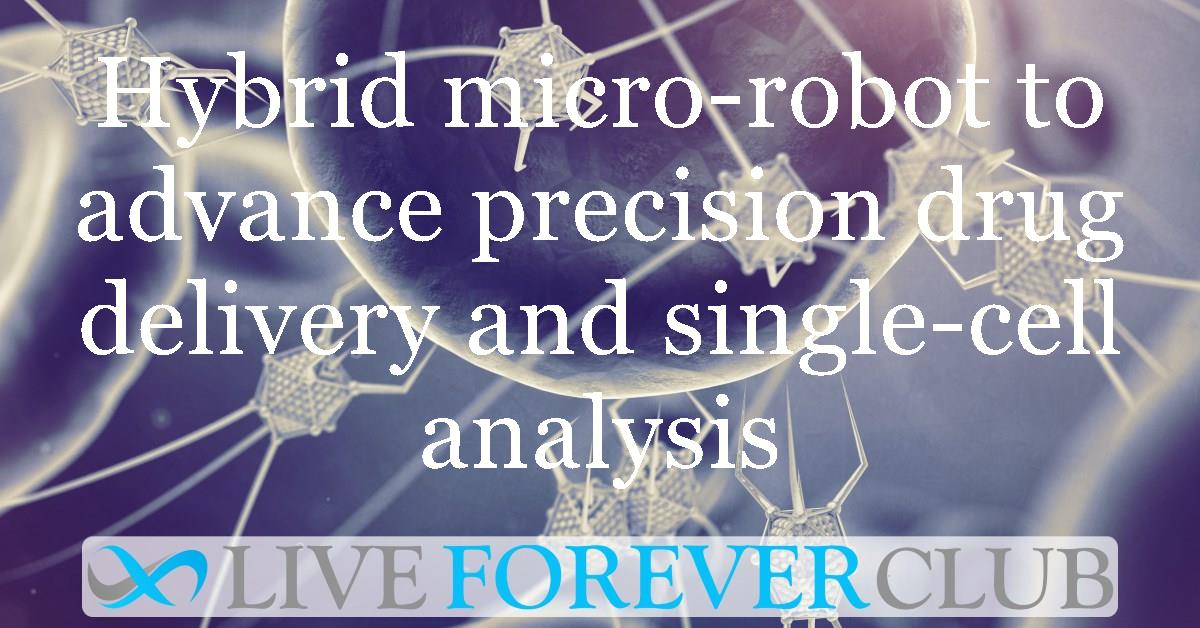Key points from article :
Researchers developed a hybrid micro-robot (~10 microns) that can be controlled and navigated using electric and magnetic fields.
It can transfect a drug and/or gene into the captured targeted single cell.
"Developing the micro-robot's ability to move autonomously was inspired by biological micro-swimmers, such as bacteria and sperm cells," - Gilad Yossifon, corresponding author.
Identifies the type of cell and its condition using a built-in sensing mechanism based on the cell's unique electrical properties.
As a demonstration, it captured single blood/cancer cells, a bacterium, and distinguished cells that are healthy, damaged, or dead.
After identifying the desired cell, the micro-robot captured it and moved the cell to where it could be further analyzed.
Helps in single-cell analysis, medical diagnosis, drug transport and screening, surgery, and environmental protection.
"Among other things, the technology will create a 'laboratory on a particle."
Research by Tel Aviv University published in the journal Advanced Science.







